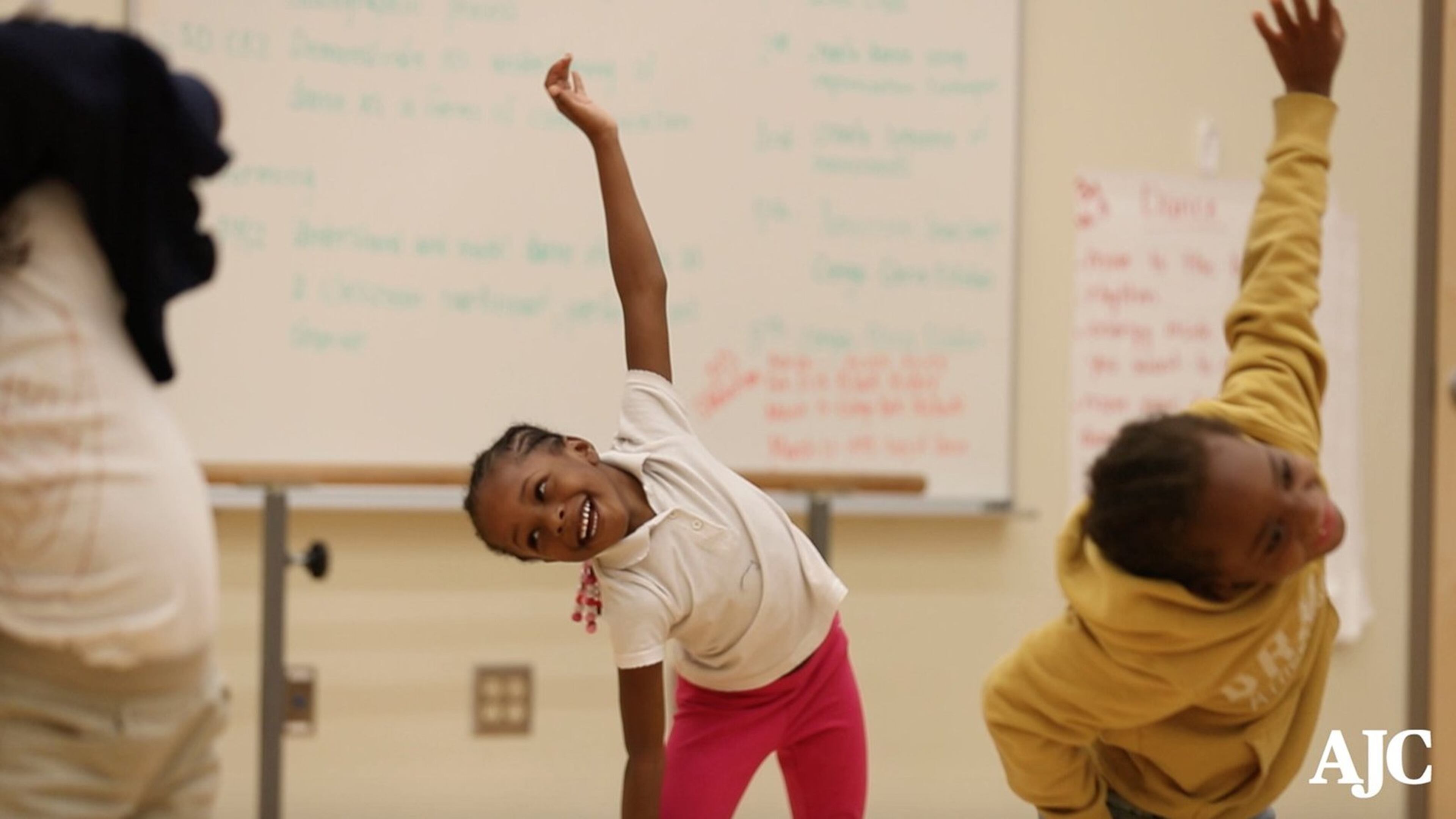Developing a plan for failing schools

When the Atlanta school district began crafting a strategy in 2015 to strengthen dozens of failing schools, the need was urgent.
Not only did students deserve a high-quality education, but the state had threatened to take over chronically low-performing schools.
VIDEO: Inside the daunting task
“We knew the public didn’t have a lot of faith in Atlanta Public Schools at the time,” said Superintendent Meria Carstarphen, who was hired in the wake of a cheating scandal that made national headlines, left the district in shambles, and damaged its reputation.

In 2016, the school board unanimously approved a controversial turnaround plan. Carstarphen, currently in her final year at APS, said anything short of bold ideas likely would be unacceptable.
Although Georgia voters later spurned state takeovers of schools, APS still needed to clean itself up.
INSIDE HARPER-ARCHER: MORE STORIES
» Teachers try to fill academic, skills gap
The district outsourced a handful of schools to charter operators and closed or merged others. In some schools, the district replaced principals and required teachers to reapply for jobs.
Over the following years, APS budgeted $44 million to add social services, enhance math and reading instruction, extend learning outside the normal school day, and provide other supports in 26 struggling schools.
In some schools, students just don’t have the same foundation for learning as others. It’s a problem Atlanta’s school district has been confronting for generations, and the district has been in a multiyear, multimillion-dollar project aimed at helping.
Some steps, such as turning six schools over to charter groups to run, have been controversial and watched nationally, since educational inequity is a problem all over the country, not just in metro Atlanta.
Teachers know that whatever they do in the classroom, they can’t control some factors – parental involvement and generational poverty, for example – that have powerful influence on their students’ ability to learn. Atlanta’s results so far underscore just how difficult turnaround is. Schools have seen some gains, but there’s minimal evidence it’s because of the turnaround investments.
The Atlanta Journal-Constitution wanted to know: Just how does the school give students the proper education they’ll ultimately need to compete with their peers for adequate jobs, and to be responsible, productive citizens in our communities?
To answer that question, we knew we had to be in the classrooms and hallways of a school trying to find solutions to these challenges.
We knew we had to speak to community residents and parents.
The AJC asked Atlanta school officials to give us unprecedented access to a school being targeted for special attention because of its long-standing challenges.
Harper-Archer Elementary, the “turnaround school” the district selected when the AJC proposed this project, is new. The west Atlanta school opened this year to serve neighborhoods that are among the poorest in Georgia.
School officials allowed our reporter and photographers a close-up view of the people and the everyday goings-on in the life of that school community.
Over several months, AJC reporter Vanessa McCray and photographers Alyssa Pointer and Bob Andres spent many days observing, interviewing and recording the efforts and the motivations of the dozens of people who are trying to ensure that what’s in store in the lives of the children there can be brighter than their beginning.
Successful communities support and invest in the education of children. Strong schools use that support to set high expectations and to execute bold, cutting-edge initiatives.
Not every school in Atlanta can claim such success. For some city schools, the challenges seem too great to overcome.
Students at Harper-Archer Elementary School come to class each day from Atlanta neighborhoods struggling with the harmful side effects of generational poverty. They also suffer from inconsistent parental engagement and many of these children lack basic reading skills – the foundation for academic accomplishment.
The Atlanta Journal-Constitution wanted to know, just how do teachers, principals, counselors, and other school staffers try to give these children the proper education they’ll ultimately need to compete with their peers for adequate jobs, and to be responsible, productive citizens in our communities?
Atlanta Public Schools gave the AJC unprecedented access to the inner workings of its efforts to turnaround this school. The stories inside this special section are the result of our reporter and photographers spending dozens of hours at Harper-Archer over several months.
If the folks at Harper-Archer are successful with their bold plans, the school will serve as a template for other urban schools struggling to meet basic standards.
We interviewed school leaders, teachers, community residents, and parents, to get the full picture of the magnitude of the challenge and of those who are trying to find solutions.
They are stories of determination and hope.
- Todd C. Duncan, Senior Editor Local Government and Education
The results so far have failed to impress critics and underscore just how difficult turnaround is.
Some parents and activists have pushed for APS to enact tougher accountability measures to assess how schools are performing and to intervene sooner in failing schools. They point to low test scores that continue to plague schools and a wide gap between white students and students of color.
While schools have seen some gains, there’s minimal evidence it’s because of turnaround investments. Researchers hired by APS found little impact on academics, prompting calls to revise the strategy while continuing to focus on needy schools. Only four district-run schools that received the deepest turnaround support showed “consistently promising results” for those efforts in English language arts and math, according to a recent study.
INSIDE HARPER-ARCHER: THE PHOTOS & VIDEOS
» ‘You can always dance it out’
One of those four was Towns Elementary, where Dione Simon Taylor was principal before her assignment to lead the new Harper-Archer Elementary.
More Stories
The Latest



